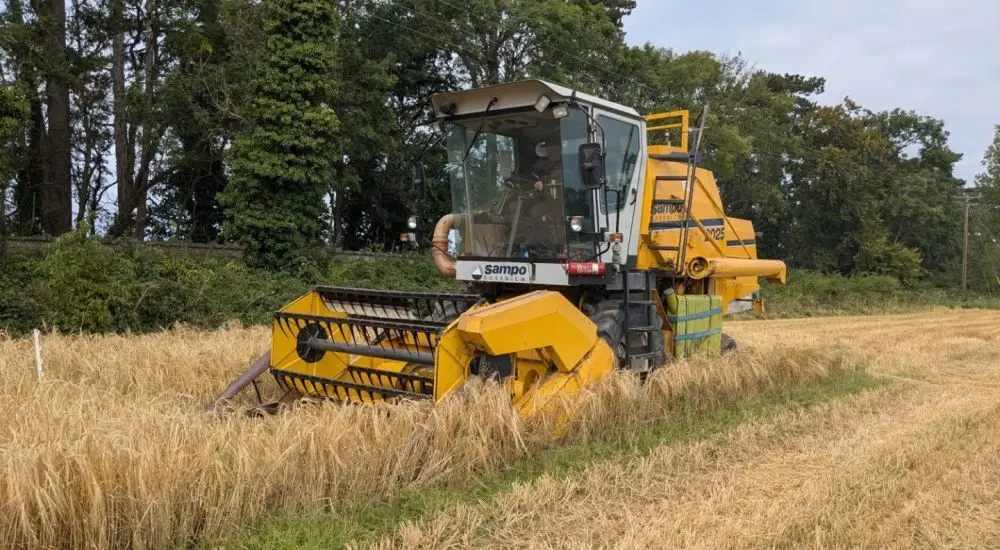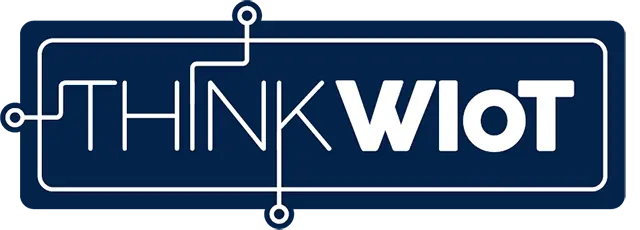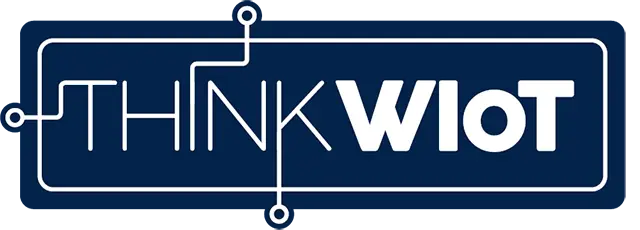Biodegradable soil sensors: FarmScan launches field trials in Europe

New sensor technology for better harvests and less environmental impact
Duisburg/Udine/Dublin, October 2025. The European research project FarmScan is entering the field testing phase: A team from the Fraunhofer Institute for Microelectronic Circuits and Systems IMS, the Università degli Studi di Udine, and University College Dublin (UCD) is developing biodegradable soil sensors that decompose in an environmentally friendly manner after use.
This will enable dense measurement networks without dismantling – with precise data on soil moisture and nutrient content as a basis for better decisions on irrigation and fertilization.
"With FarmScan, we are opening a new chapter in agricultural technology," says Dr. Benedikt Loepp, project coordinator at Fraunhofer IMS. "We are combining high-precision, chipless RFID sensor technology, degradable materials, and AI-supported data evaluation – for more resilient, climate-friendly cultivation systems."
How FarmScan works
Passive, chipless RFID sensor nodes on biodegradable substrates
AI platform for practical recommendations on irrigation and fertilization
Decomposition and life cycle analyses as well as field trials, including at UCD Lyons Farm
Funding
FarmScan is funded by the Green ERA Hub (Horizon Europe, GA 101056828) and by national co-funding from the Federal Ministry of Education and Research (BMFTR).
More about the Green ERA Hub (GEH)
The Green ERA Hub ("Coordination of national research programs on Agri-Food and Biotechnology") bundles and coordinates national research programs in agriculture, food, and biotechnology across Europe, organizes joint calls for proposals, and accelerates knowledge transfer.
The GEH was launched in September 2022 and will run until August 2026 (Horizon Europe funding, Grant Agreement 101056828). The aim is to strengthen sustainable, resilient agricultural and food systems through transnational research projects – projects such as FarmScan provide practical building blocks for this.

